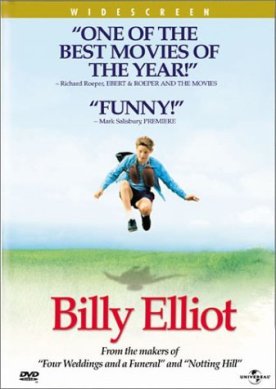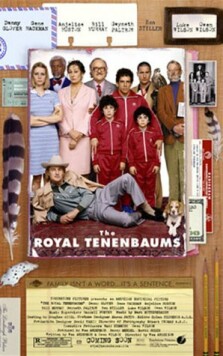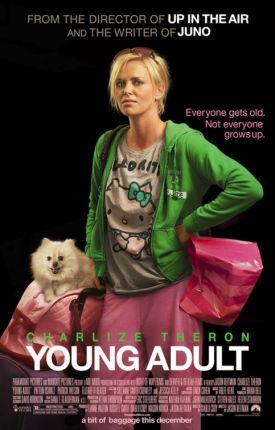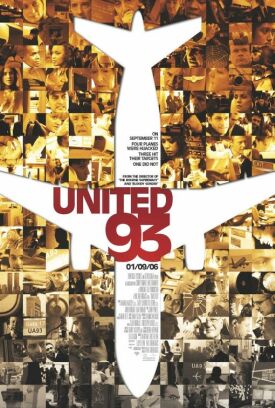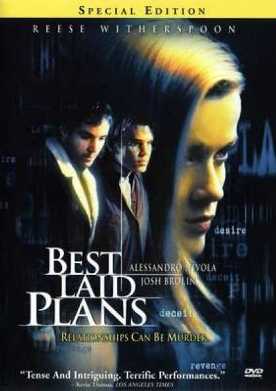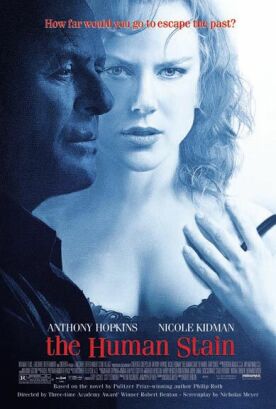Billy Elliot
The 12 year-old eponymous hero of Stephen Daldry’s Billy Elliot, played by Jamie Bell, is made to say more than once that “just ‘cause I like ballet it doesn’t mean I’m a poof.” Sounds reasonable to me. But the film itself has a different story to tell. Both the introduction of Billy’s cross-dressing schoolboy friend, Michael (Stuart Wells), and the artful if rather insistent parallelism between Billy’s balletic penchant and the decline of the traditional male culture of the Durham miners lead us in the opposite direction. Like Billy’s dad Jacky (Gary Lewis) and brother Tony (Jamie Draven), both striking miners during the great strike of 1984 when Mrs Thatcher broke the United Mine Workers union and Arthur Scargill, we must not only swallow the boy’s balletic ambitions but also the gay culture represented by Michael—though Billy’s own relationship to it is left ambiguous.
In other words, the film’s subtext assumes that a taste for the ballet also involves a taste for sexual ambiguity. The assumption may or may not be true but, it seems safe to say that its presence here is owing to ideological reasons. That’s the bad news. The good news is that the ideology is not strident or didactic, and its function in the film is rather to accentuate the poignant elegiac note struck by its portrayal of the passing of the old masculine culture of the British coal country. For this purpose, the subtext almost seems redundant, given the superb performance of Mr Lewis, which is alone worth the price of admission, and anything it might add to the film seems to me to be taken away again by the sense that we are being got at by gay ideologues.
Still, there is much to like in this movie, beginning with the performances of Messrs. Bell and Lewis—to which we should add that of Julie Walters as Mrs Wilkinson, the ballet instructor who takes Billy on when he ducks out of his boxing lessons and creeps, fascinated, into the entirely feminine end of the gym. She, too, like everybody in the little coal town of Evrington, is a part of the miners’ subculture, though we are reminded of her links to the larger British class system when her husband (who has himself lost his job) expresses satisfaction about redundancies among the miners and when Tony, furiously objecting like his father to Billy’s ballet (in the Durham accent the two words are often almost indistinguishable), calls her a “middle-class cow.”
Mr Draven’s Tony, a hot-headed zealot for the miners’ cause, is also superbly done. In the room that he shares with Billy late one night, the latter asks his big brother: “Tony. Do you ever think about death.”
“F*** off!” says Tony energetically.
This makes it all the more poignant when, after dad has forbidden any further truck with the ballet, Tony in bed one night says: “Dad’s right, y’know; mam would’ve let you.” The dead mother is rather an obvious device to jerk a tear or two, but all credit to Daldry for doing it so deftly, especially when Billy brings in his boyish treasures to Mrs Wilkinson so that she can come up with a suitable routine for him and she finds among them a letter written to him by his mother before she died. Prepare to shed ’em! Mrs Wilkinson tremulously reads the letter out and Billy, quite matter-of-factly, recites it along with her from memory. Moistly, Mrs W says to him: “She must have been a very special person.”
“No,” says Billy, dry-eyed. “She was just me mam.”
I also liked the presentation of the confrontation between dad’s old-fashioned sense of sexual shame—which makes him unable even to pronounce the name of his great fear—and Billy’s mischievous innocence. In a memorable confrontation over the kitchen table, Billy tries to get dad to tell him what’s wrong with wanting to be a ballet dancer.
“You know what’s wrong with it,” says dad determinedly. Hopefully.
“No I don’t,” says Billy, not entirely disingenuously.
“You know,” says dad, as if by repeating this mantra he will make him know.
This kind of reticence is made to seem merely quaint, like dad’s other confrontations with the new Britain a-borning. I especially liked the part where, after deciding after much agonizing to join the scabs so as to be able to pay for Billy’s lessons, Dad sits by himself, nervously, on the bus taking him across the rowdy and violent picket lines. When he tries to soothe his nerves by lighting a cigarette, one of his new but unwelcome colleagues says to him: “You can’t smoke on here, mate; these are private buses.”
It’s a clever way of pointing to the social background against which the events of the film unfold. “Private” stands for new, shiny, spiffed up—unlike the old, down-at-heels nationalized industries—but rather suspicious and soulless. At the same time, the urge to privatize is the engine driving the sexual revolution, which may be late in coming to County Durham, but which has even more power than the police and the National Coal Board to shake the traditional culture there to its foundations. Dad’s and Tony’s good grace in allowing themselves, in the end, to be converted by it might seem just the tiniest bit unbelievable but for the fact that the collapse of the strike, and with it a hundred years of miners’ solidarity, seems to make all things possible. What is lost one way, in Daldry’s view, is gained the other. Like him, we may have mixed feelings about the new social order, but they may be mixed the opposite way.
Discover more from James Bowman
Subscribe to get the latest posts to your email.

